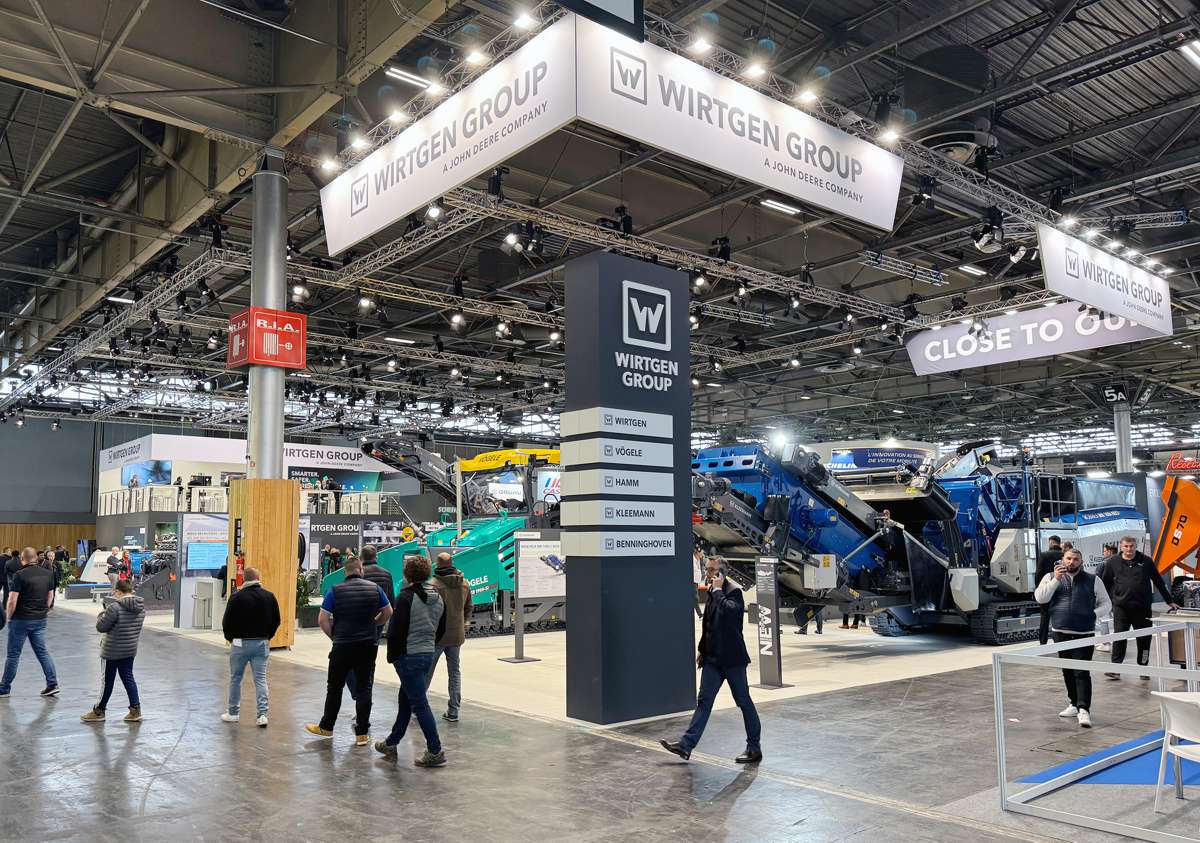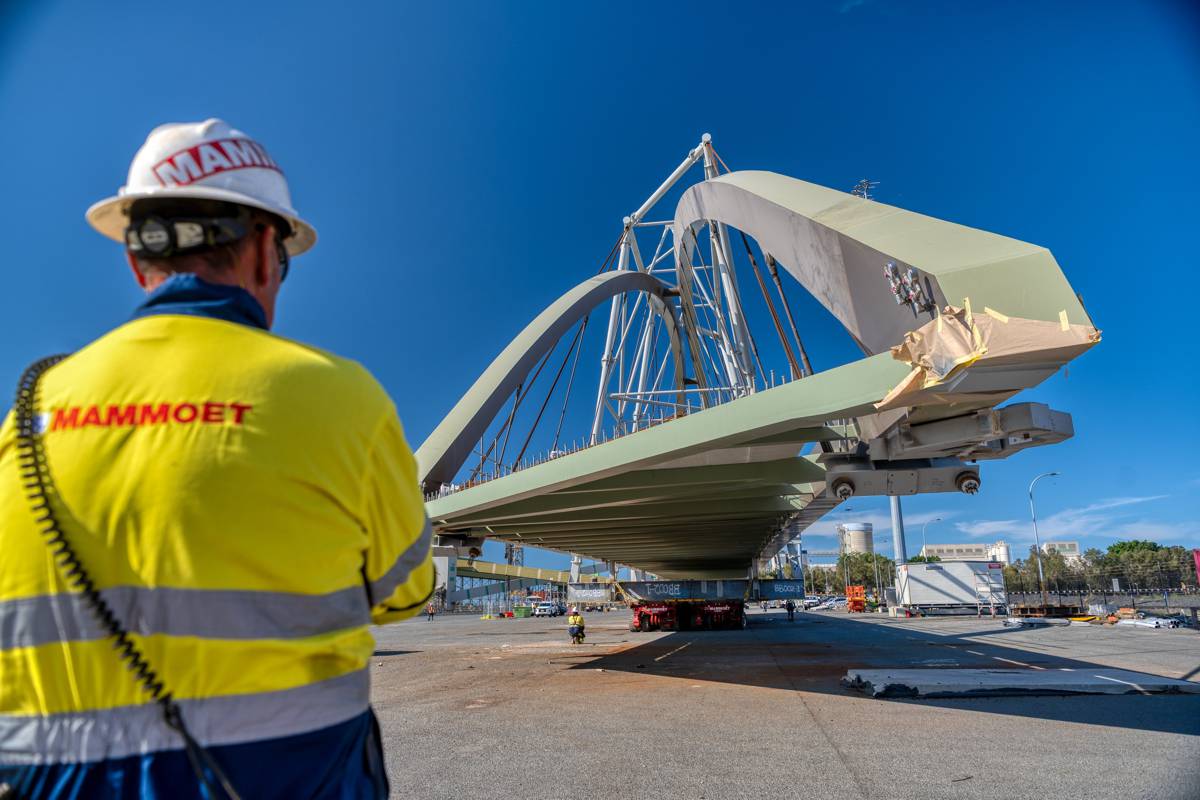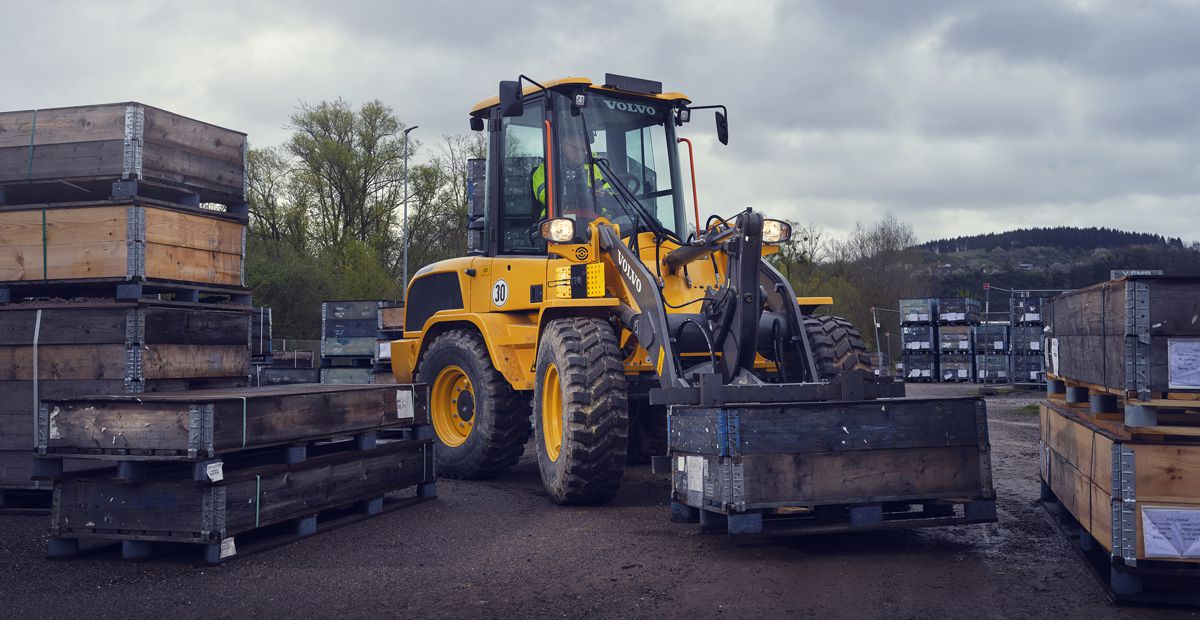Arbitrage Trading to Unlock Project Financing for Construction Projects
In the fast-evolving world of construction finance, a quiet revolution is taking place – Arbitrage Trading, long the preserve of the financial elite, is making significant strides in unlocking funds for infrastructure and construction projects across the globe.
This method, which has been fool proof since its inception at the iconic Bretton Woods conference in 1944, is now accessible to a broader audience, bringing with it a plethora of opportunities for project financing.
The Mechanics of Arbitrage Trading
Arbitrage Trading operates on a seemingly simple yet profoundly effective principle: assets are sold before they are purchased, thus eliminating most perceivable risks. Traditionally, this type of trading required a minimum deposit of $100 million, catering exclusively to the ultra-wealthy or mammoth corporations.
However, thanks to the proliferation of advanced algorithms and technological advancements, the entry threshold has lowered dramatically, now welcoming investors with as little as $10 million to participate.
Leveraging Assets for Large-Scale Development
For construction sector professionals, this opens a valuable avenue to leverage land or buildings to secure an asset-backed Standby Letter of Credit (SBLC). Such financial instruments must be issued by highly rated banks in stable jurisdictions.
Presently, major trade groups, supported by global ‘A+’ rated financial institutions, require a $100 million cash baseline derived from monetized SBLCs. Given the typical discount in monetization, the initial SBLC often needs to be valued at around $150 million.
Here’s a practical example of how it works:
- Asset Utilization: Land or building assets are evaluated and used to secure an SBLC.
- Monetization: The SBLC is then monetized to provide the necessary funds, typically requiring a 50% higher value due to discounting processes.
- Trade and Profit: These funds are entered into arbitrage trades, protecting the initial investment while potentially yielding substantial returns enough to fund the intended construction project.
Continuous Investment and Revenue Flow
Participants in arbitrage trading with cash can start with as little as $10 million. The invested funds are safeguarded by a SWIFT MT799 instrument, ensuring they remain blocked in the owner’s account, thus untouchable for other uses during the trading period.
Interestingly, most clients opt to keep their funds in continuous trade, utilizing the returns to finance further projects, thereby creating a cycle of investment and revenue generation.
Oversight and Regulation
Despite its benefits, it’s important to note that arbitrage trading remains an unregulated market. However, it operates under the vigilant eyes of the World Bank and the International Monetary Fund (IMF), focusing heavily on anti-money laundering practices.
The intake process for new entrants is rigorous, demanding a meticulous level of detail due to the substantial sums involved. This market is not for the faint-hearted but is immensely rewarding for those who can navigate its complexities.
The Bigger Picture
In a world where the landscape of project financing is as dynamic as the projects themselves, Arbitrage Trading offers a robust alternative to traditional funding routes. This method not only broadens the accessibility of funds but also enhances the financial stability of ongoing and future projects.
As we move forward, the integration of such innovative financial strategies will likely become more prevalent, reshaping the construction finance industry in profound ways.
Find out more about how Arbitrage Trading can work for you.















